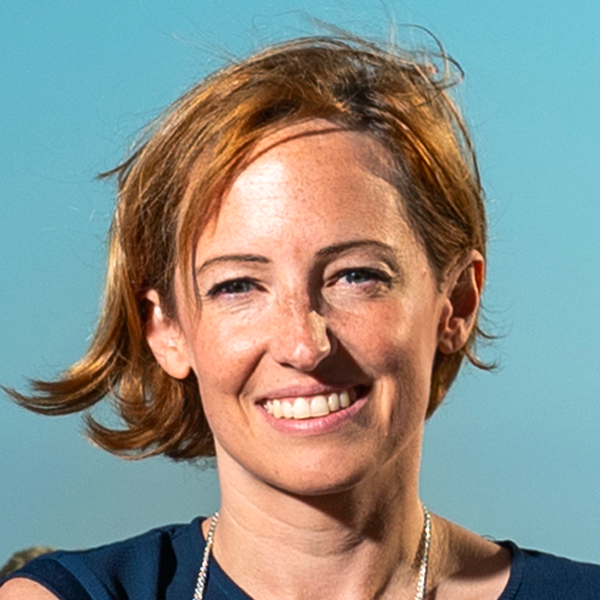Nina Miolane is assistant professor of electrical and computer engineering at the University of California, Santa Barbara. She directs the Geometric Intelligence Lab and co-directs both the REAL AI for Science Initiative and the AI Core of the Ann S. Bowers Women’s Brain Health Initiative. Her lab studies the geometry of intelligence—the mathematical principles that describe how brains and machines organize, transform and adapt information. Using these principles, her team designs next-generation artificial intelligence that achieves dramatically higher accuracy or efficiency even when data are small, noisy or complex. At REAL AI for Science, Miolane’s work focuses on building digital twins of the brain to improve our fundamental understanding of (geometric) intelligence, and through the Ann S. Bowers Women’s Brain Health Initiative, she develops digital twins of women’s brains across pregnancy and aging to address long-standing knowledge gaps in women’s health research.
Miolane’s work has been recognized with a Hellman Fellowship, an NSF CAREER Award, a University of California Regents Junior Faculty Award, a TIME Best Invention of the Year and a L’Oréal–UNESCO For Women in Science Award. She earned degrees in mathematics and physics at École Polytechnique and Imperial College London, completed her Ph.D. at INRIA and pursued postdoctoral research at Stanford University. Before joining the University of California, Santa Barbara, Miolane worked in early-stage Bay Area startups, including Caption Health and Atmo. Her path to academia began unconventionally—as an officer in the French Army.



